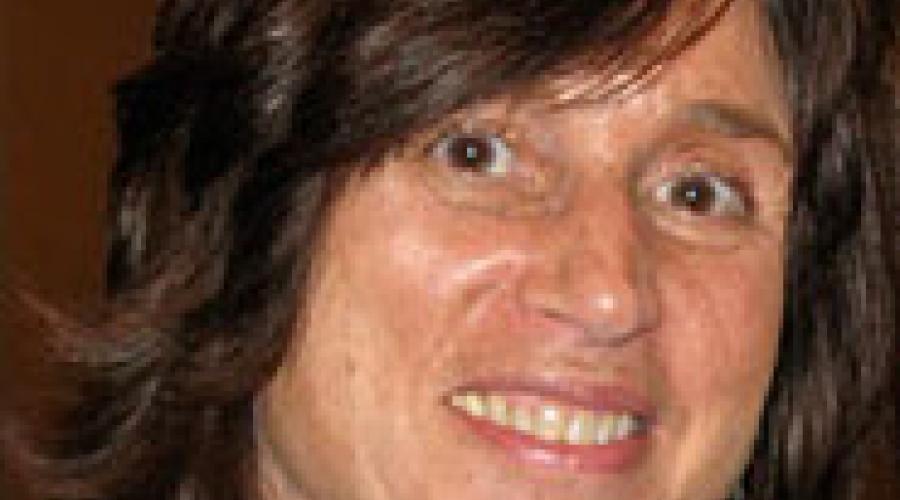
Visionary Editor
ILR Press Editorial Director Frances Benson has a cut-to-the-chase style of capsulizing what others write, even when they're writing about her.
Take MIT labor economist Thomas Kochan.
As part of the Labor and Employment Relations Association celebration honoring Benson in January, he credits her with making ILR Press "viewed far and wide as the premier publisher of scholarly and professional books on all aspects of work and employment relations."
Benson's version: "I followed my nose."
Vicki Smith, chair of the University of California Davis Sociology Department, wrote that Benson has "rock star" status in the sociology world and is "... a genius ... at bringing authors around so that they see things [her] way."
Benson: "I care about all the authors and we have a job to do together."
Professors Peter and Patti Adler, who teach in Colorado, said Benson "has been the architect who has built the landscape of labor studies and the sociology of work ..." She has influenced authors, students and readers. "Her impact has been enormous."
Benson: "Work is everywhere. We spend so much of our lives thinking about work and doing work and yet there’s very little attention paid to it."
It takes two years for most ILR Press manuscripts to emerge as books. Sometimes, the "cruel process" is much quicker, but it can take as long as nine years, said Benson, who knows a winning manuscript when she sees one.
How does she know? "My heart beats fast because it's so exciting. That’s what I love the most. I live for those moments."
She had one while reading a manuscript by Barbara Kingsolver, a best-selling novelist who was unknown at the time. Kingsolver's first nonfiction book was published by the ILR Press.
Benson's work, evaluating and shaping manuscripts, demands focus.
"I burrow into a hole. I don't want anyone to interrupt me," Benson said. A sign in her office says so. "State your business and go away and no one will get hurt."
To relax, she plays computer Scrabble. Smokey, an adopted stray cat, is at her side. Benson also takes long walks, iPod in ear, or rides her bike along the Atlantic, a block from her home in Highlands, N.J. On rare vacations, she sometimes takes week-long rides that she treasures most.
In 1974, looking to generate income for her young family, Benson applied at ILR's publishing division with only four years of work experience to recommend her.
"I thought the 'I' stood for 'International' ... I knew nothing."
Charlotte Gold, who hired her, valued her lack of expertise.
"If you know nothing, you’ll make the material understandable," Benson recalls Gold saying.
In 1978, the ILR School considered dissolving the publications division that produced mostly free ILR pamphlets; Benson thought she would be out of a job.
But, the committee charged with axing the unit "never got around to meeting" and Dean Bob McKersie offered her the top job.
That job turned out to be "just too much fun," said Benson, "even though budgets were ridiculously tight and, at that point, the faculty didn’t yet understand the potential of the press."
Almost 400 books later, Benson notes that the press "helped forge a relationship between sociology and industrial relations in a way that I quite love."
An electronic book explosion lit by Kindle and other reading devices is upending the industry Benson happened into four decades ago.
"This year is the biggest change we've seen. I don't think publishing is dead, but a huge shift is going on. It's changed totally -- marketing, price structures, formats."
"Content has changed, too," Benson said. "All the norms around work are changing."
Benson readily credits all her Cornell University Press colleagues for their roles in ILR Press's success. "It is really a collaborative enterprise."
Two women in particular -- Andrea Clardy and Holly Bailey-- were essential to the development of the press, Benson said. "It's as much their baby as mine."


